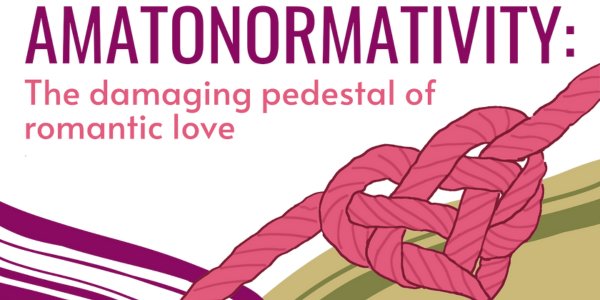Amatonormative
Amatonormative: What It Means
Amatonormative describes the belief that everyone should seek a long-term, monogamous romantic relationship, and that such a relationship is more valuable than other connections. The term was coined by philosopher Elizabeth Brake to challenge social assumptions that prioritize romantic love over friendships, community ties, or solo living.
Core Ideas
-
Social expectation: Romance is seen as the “default” path in adulthood.
-
Impact: People who are single, asexual, or non-monogamous often face judgment.
-
Challenge: The concept pushes back against ranking romantic love above other bonds.
Why It Matters
Amatonormativity influences laws, media, and everyday behavior. Questioning it opens space for diverse relationships to be seen as equally valid—whether that’s friendship, polyamory, or choosing independence.
FAQ
1. What does amatonormative thinking look like in daily life?
It shows up when society assumes marriage or monogamy is the only “successful” path, ignoring other valid forms of connection.
2. How does amatonormativity affect single people?
Singles may be viewed as incomplete or pressured to find a partner, even if they are content without romance.
3. Is amatonormativity harmful to LGBTQ+ communities?
Yes. It can erase nontraditional relationships, pushing queer people toward heteronormative romantic models instead of affirming diverse structures.
4. Can friendships counter amatonormativity?
Absolutely. Deep friendships show that intimacy and fulfillment don’t depend on romance, challenging the dominance of romantic ideals.
5. Why is recognizing amatonormativity important?
It helps people see hidden biases in how relationships are valued, encouraging acceptance of different lifestyles and reducing social stigma.
















